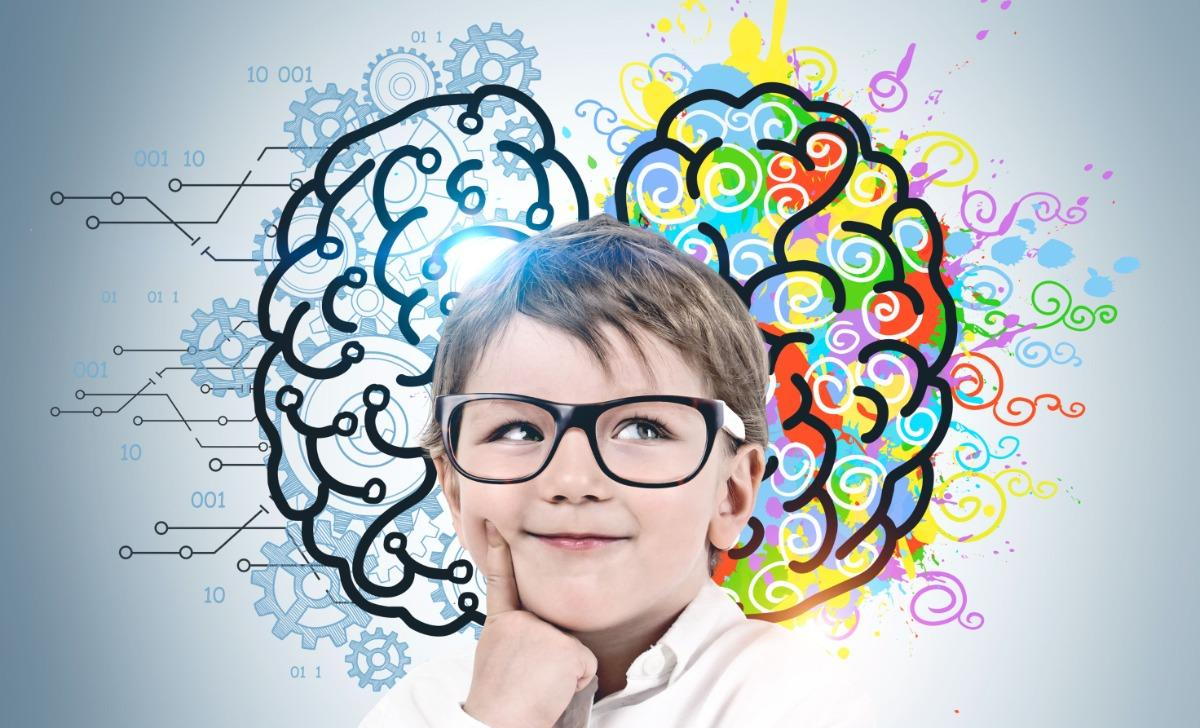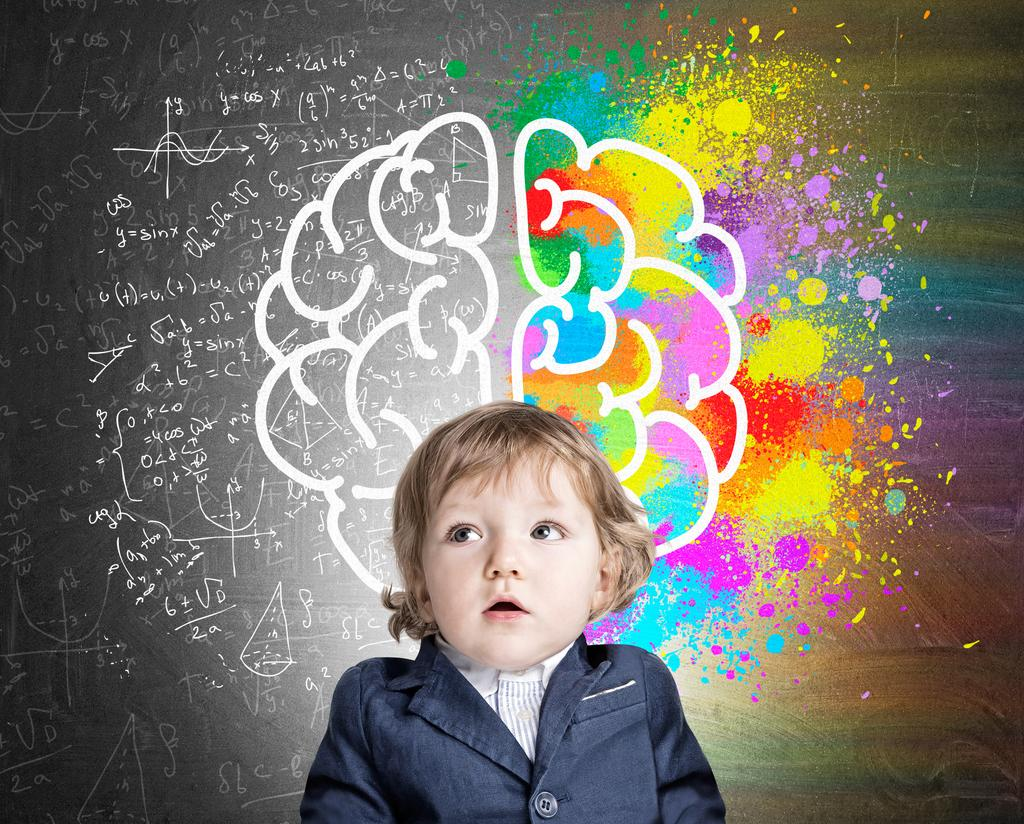
Research Shows That Music Significantly Boosts Infant Brain Development
In recent years, scientific research has increasingly highlighted the powerful impact that music can have on the developing brains of infants. While many parents play soft melodies to soothe their babies to sleep, few realize just how far-reaching the benefits truly are. Music is not only a source of comfort—it is also a crucial tool that supports cognitive, emotional, and social development in remarkable ways. Studies from neuroscientists, pediatric specialists, and child development experts reveal that exposure to music in early childhood can significantly boost brain growth, laying a strong foundation for future learning.
One of the most fascinating discoveries is that music helps strengthen neural connections in a baby’s brain. During the first years of life, the brain is rapidly forming pathways that affect everything from language to problem-solving. Music activates multiple regions of the brain at once, stimulating areas linked to sound processing, motor skills, emotional recognition, and memory. When infants listen to rhythmic patterns or melodies, their brains respond by creating and reinforcing these neural pathways, making their minds more flexible and receptive to learning.
Another major benefit is the positive effect of music on language development. Research shows that babies who are regularly exposed to music—especially songs with clear rhythms and repetition—tend to develop stronger language skills earlier. This is because music mirrors many features of language, such as pitch, tone, pacing, and patterns. When parents sing to their infants, they help them recognize speech sounds, which later supports smoother transitions into speaking and reading. Even simple lullabies can play an essential role in tuning the baby’s ear for the complexities of human communication.
Music also plays a vital role in the development of emotional intelligence. Infants naturally respond to changes in tempo, melody, and tone. Happy, upbeat music can make a baby more alert and cheerful, while slow, gentle tunes help them relax and feel secure. This responsiveness helps infants begin identifying and interpreting emotional cues. Research suggests that children exposed to a variety of musical styles early in life develop better emotional regulation skills and are often more empathetic and socially connected as they grow older.
Furthermore, music has been shown to enhance motor skills. When babies move their arms, legs, or bodies in response to rhythm, they are practicing coordination and muscle control. Activities such as clapping, rocking, or swaying to music help support physical development and balance. Even newborns show signs of rhythmic responsiveness, demonstrating that the connection between movement and music begins extremely early in life.
In addition to cognitive and emotional benefits, music plays an important role in fostering bonding between parents and infants. Singing, humming, or playing music together creates moments of shared connection that strengthen the parent-child relationship. This sense of closeness contributes to healthy attachment, which is essential for long-term emotional stability.
Finally, music has been linked to stress reduction for both babies and parents. Soft melodies can calm a fussy infant, regulate heart rate, and promote better sleep. Regular exposure to soothing music helps babies feel safe and relaxed, while also reducing parental anxiety—making daily routines more peaceful for everyone.
In conclusion, the growing body of research on infant brain development reveals a powerful truth: music is far more than entertainment. It is an enriching, brain-boosting experience that supports learning, emotional growth, and bonding from the earliest days of life. Whether it’s a gentle lullaby, a playful children’s song, or classical music in the background, incorporating music into a baby’s daily routine can create lifelong benefits. By embracing the power of music, parents can help nurture a brighter, smarter, and happier beginning for their children.
News in the same category


The Power of Clove Steam Inhalation (Respiratory Relief You Can Feel Immediately)

Popular blood pressure drug linked to increased cardiac arrest risk

Powerful Health Benefits of Pineapple You Should Know

The Surprising Health Benefits of Sleeping in a Cold Room

High Blood Sugar Warning Signs

🥚 A Look at How Certain Boiled Egg Habits May Affect Your Heart Health

🌿 Clove Water Sitz Baths for Women: A Gentle Guide to Hygiene and Comfort

What Happens to Your Body When You Eat Canned Tuna Every Day

17 Warning Signs Your Liver Is Crying for Help

How to Support Your Kidneys Naturally Using 1 Teaspoon of Baking Soda

Fish oil cuts CV risk nearly in half for dialysis patients

The hidden heart danger doctors say is more common in people with diabetes

The surprising power of 4 seeds to repair your nerves naturally

Trial: mRNA Flu Vaccines More Effective Than Quad

3 Miracle Herbs to Instantly Lower Blood Pressure & Clear Arteries Naturally

The Surprising Uses of Lemon and Charcoal: A Natural Mix That May Change Your Daily Routine

The Green Bell Pepper Hair Growth Secret You NEED to Know

Eating eggs every day can help you live longer

3 Miracle Herbs to Instantly Lower Blood Pressure & Clear Arteries Naturally
News Post

What You See First in This Optical Illusion Reveals A Lot

Why Your Dog Stares at You

10 Best Foods to Detox Your Kidneys and Protect Renal Health

Honeybee Venom Can Destroy Breast Cancer Cells in Under an Hour — A Breakthrough That Could Transform Modern Medicine

Love Can Literally Make Your Body Crave More Sleep — Here’s the Science Behind It

A Revolutionary German Gel May Repair Joints Naturally—Potentially Eliminating the Need for Surgery

The Power of Clove Steam Inhalation (Respiratory Relief You Can Feel Immediately)

Peter Tabichi: The Kenyan Teacher Who Became the World's Best by Inspiring Change and Giving Back

Reducing Meat Consumption by 90%: A Critical Step to Combat Climate Change and Ensure Global Sustainability

Revolutionary Nanobodies Offer New Hope for Alzheimer’s and Parkinson’s Disease Treatment

Gray Wolves: The Remarkable Lifelong Bond Between Mates and Their Role in Pack Survival

Sebastian Errazuriz’s Robotic Dogs: A Satirical Commentary on Tech Billionaires and the NFT Market

Voyager Spacecraft: A 40-Year-Old Marvel of Engineering Exploring Interstellar Space

Popular blood pressure drug linked to increased cardiac arrest risk

How the U.S. Escaped Hurricane Landfalls in 2025

Ancient Shark Fossils Unearthed in Mammoth Cave Rewrite 325 Million Years of Evolutionary History

Powerful Health Benefits of Pineapple You Should Know

How an Italian Police Lamborghini Huracán Helped Save Lives by Delivering Kidneys Across Italy

Can Spinal Screws Push Through the Skin? Understanding a Rare but Serious Post-Surgery Complication
